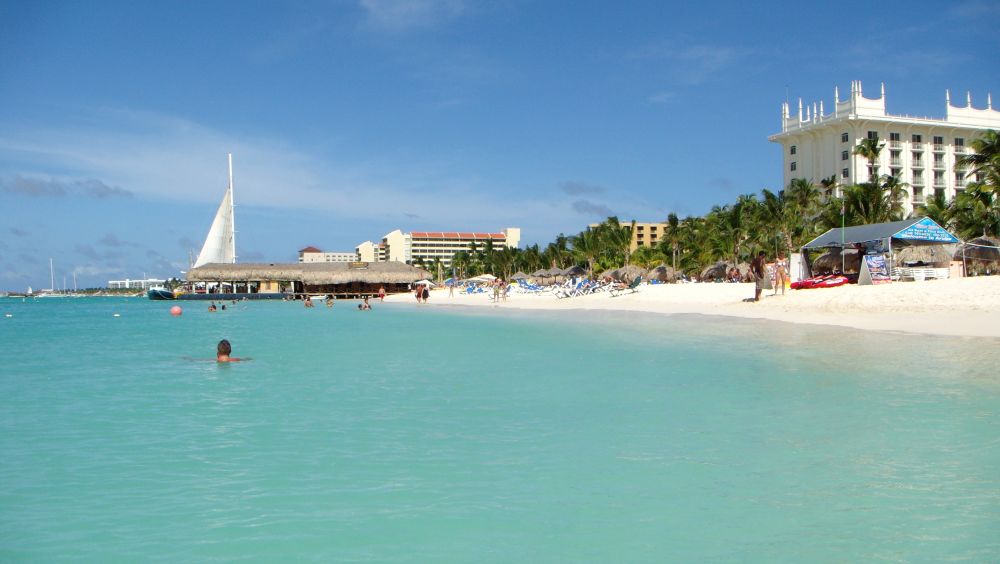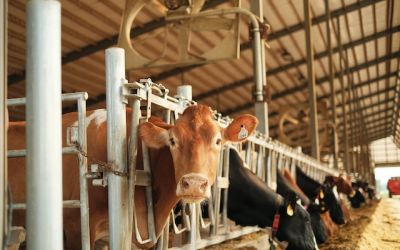Aruba targets 100% renewables by 2020
South Caribbean island, Aruba, has pledged to transition to 100 per cent renewable electricity within the next four years.

South Caribbean island, Aruba, has pledged to transition to 100 per cent renewable electricity within the next four years.
The island is currently dependent on imported fossil fuels, with more than 80 per cent of its electricity generated using heavy fuel oil.
The Government of Aruba has outlined an ambitious new renewable energy framework, which puts particular emphasis on variable wind and solar for renewable energy.
The Vadar Piet wind farm currently generates part of Aruba’s electricity needs, and a second wind farm is currently in development.
Solar plans include the development of an Airport Solar Park, a waste-to-energy plant, and solar panels on residential and commercial buildings.
There are also plans to integrate storage technologies to compensate for the variable nature of wind and solar energy, as well as research ocean thermal energy conversion and geothermal power.
Justin Locke, Director of the island energy programme, encouraged all islands to switch to clean energy: “Islands currently pay some of the highest electricity prices in the world. At the same time, they also have some of the best renewable energy resources.”
He added: “Islands provide an incredible blueprint, or guiding light, for what a renewable economy could look like from a technical, financial, and regulatory perspective… because they are actually moving in that direction now.”
With the introduction of the new plan, the government of Aruba hopes to promote environmental awareness whilst also encouraging economic growth and social equity.
They have designed an initiative to develop the island as a gateway between Europe and the Americas in the areas of green technology, business support services, and creative industries.
These plans include the creation of world-class walkable destinations for tourists and residents, providing incentives for household retrofitting and commercial energy efficiency, implementing a sustainable approach to smart growth in the tourism industry, and creating an agriculture sector that makes the best use of Aruba’s water resources.






